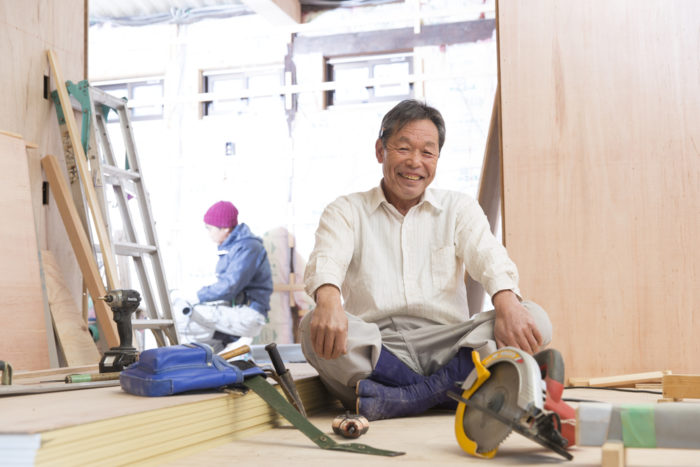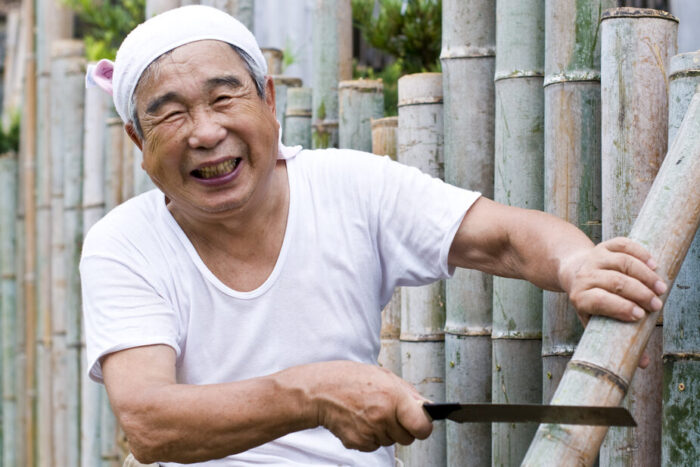
Last Updated: 18 Jul 2020 Warning: ganbaru can be dangerous to your health
Although it’s a common phrase and important concept, it’s difficult to translate ganbaru, or its imperative form gambatte, into English smoothly. I heard of one Japanese working in the U.S. who really got it wrong when he wanted to say something encouraging to an American subordinate who was toiling late on a project. He said “You must work harder!” which, of course, is a literal translation of ganbatte, but it had the opposite of the intended effect. The American took it as saying that he was not working hard enough already, and became upset.
A better rendition in that situation would have been “keep up the good work,” “give it all you’ve got,” “give it your all,” or “don’t give up.” The more colloquial expression “go for it” can also be an appropriate translation in certain circumstances, such as when cheering on a marathon runner or other athlete.
While pulling out all the stops and giving something the maximum effort is common in both U.S. and Japanese business cultures, I do notice a qualitative difference in what this looks like in each culture. It often seems that Japanese go to extremes to show that they have truly ganbaru-ed, put in the maximum effort.
For example, I read once that when Japanese teams are involved in governmental negotiations, they have the tendency to pull all-nighters before the final draft is due. It’s not necessarily that the extra hours make a significant difference in the quality of the resulting agreement, or even the ability to reach any agreement. It’s that if they don’t stay up all night, they won’t appear to have tried their hardest, to have ganbaru-ed.
As another example, one American friend shared with me her first experience visiting Japan as a student, when she was involved in a special student conference. She and her Japanese counterparts were all working hard to prepare, but she became alarmed when more than one of the Japanese students ended up collapsing and having to be taken to the hospital. “What’s this with the collapsing?” she thought. Nothing like that had ever happened on the similar student projects she had worked on in the U.S. From an American perspective, no matter how important what you are working on is, it’s not worth ending up in the hospital. She wondered “Why weren’t the Japanese students able to stop themselves before they had worked themselves into a state of collapse?”
Indeed, while both Americans and Japanese strive to work hard and produce good results, I do believe that Americans have a greater tendency to draw the line at some point, in order to protect themselves from the perils of limitless ganbaru-ing, such as destroying one’s health. Indeed, as an American employee of a Japanese company who was participating in one of my seminars put it, “We Americans are willing to pull out all the stops, and completely pitch in if it’s warranted. In a true emergency, you’ll see us all here late at night, making sure what needs to get done gets done. The difference is, we are not willing to live our lives in a constant state of emergency. There’s no reason why staying late at night should become a regular lifestyle. But for our Japanese colleagues, that’s how it seems to be.”
Given the recent alarming upsurge of stress-related illness in Japan, perhaps the consequences of extreme ganbaru-ing need to be given further examination.
Related articles
Purpose should come from within, but also from outside Japan HQ
Recently an HR director for a Japanese financial services company in Europe told me that he had been
(Video) So, What is Monozukuri Actually?
Monozukuri is one of those well-known and often used Japanese words among people from outside of Jap
(Video) So, What is Ikigai Actually?
Ikigai - The Japanese word for the goal that gets you going - is often misunderstood by non-Japanese




